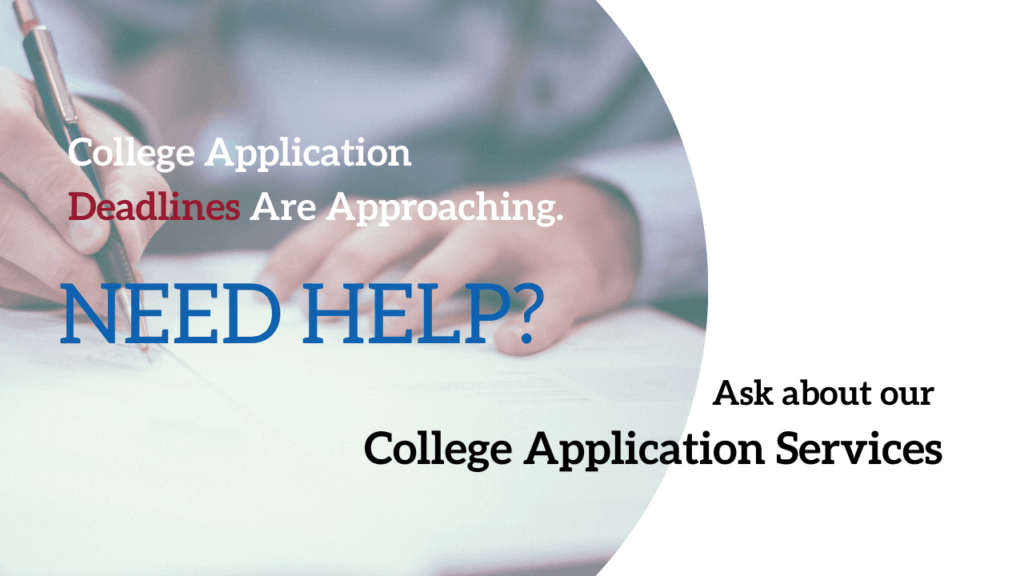Balancing Immediate Enjoyment with Long-Term Goals in STEM
College coursework doesn’t always perfectly correspond to a career in a STEM field, so how do you balance the education you need with the job you want?

By JOHN BARKER
Not everything you can do in a career in STEM has an immediately obvious parallel in schoolwork. While this observation might not seem particularly important, it is relevant. Finding parallels is something that ought to be front of mind when attempting to evaluate an undergrad path.
In early education, people often think in terms of their “favorite subjects”, or the classes and teachers they have liked most. This is useful when fostering interest in learning at a young age, but it begins to be less useful later in high school and into college. Over those years, a subtle change in learning objectives takes place, going from “what will you enjoy learning” to “what do you want to be able to understand later?” In these situations, it can help to have a longer-term objective in mind that helps guide the direction of a person’s studies.
“What you would like to be doing in ten years is a useful clue for what you should do today.”
Deciding on the right coursework
When deciding how to approach college, therefore, it is good to approach the problem from both ends. What kind of coursework do you enjoy doing day-to-day, and what longer term goal will motivate you through a particularly unpleasant set of multivariable calc problems? When there are so many options, how do you decide the right coursework for your ideal career in STEM?
For instance, if you’re going to major in STEM you will probably take Calc III. You might be able to find a BA major option in Psych or Bio that bypasses the higher level math requirements, but then you are likely to wind up in a career where that mathematical understanding is still relevant and you don’t have it or need to backfill it from other sources. This is the sort of consideration that I am trying to encourage here.
This does not mean that you must decide today what you will spend the rest of your life doing, but it does mean that what you would like to be doing in ten years is a useful clue for what you should do today. And when evaluating that, you can apply a simple coolness test. What would it be cool to do? What would you be proud to describe yourself as doing? What do you think is fascinating, what do you think is meaningful, and what would you tolerate a fair bit of boring grunt-work to achieve?

Coursework aside, what sounds cool to you?
This question can be most helpful if it is open-ended. I mentioned the parallels to schoolwork before because someone who decides to go into astronomy will probably have had very little astronomy exposure as a part of their standard curriculum in high school, and yet they will have known what interests them outside of the classroom, where they want to aim, and what they want to know more about. Learn what is out there, learn the kind of work that people do, and you will have a better sense of what resonates, what you could imagine yourself spending time on down the line. In deciding what to study, this is crucial.
Does the development of new chemical compounds that enable manufacturing changes seem cool to you? The invention of nylon in a chemistry lab enabled the mass-production of everything from parachutes to consumer goods. What would you need to know to find the next version of that? Do you have an interest in ecology? Do you know the story of dwarf wheat and how a single plant geneticist, Norman Borlaug, is credited with saving around a billion lives from starvation? What would you need to know to make those kinds of contributions? A study of the physics of acoustics led to the Beckman-Coulter Echo, a scientific instrument that uses sound waves alone to dispense liquids. What would you need to know to understand that? These are the sorts of questions you might consider asking, and such questions will depend on knowing stories of what others have achieved in the sciences.
College Admissions Services
Schedule a Free Consultation
Meet with Alex one-on-one via video chat to talk about your son/daughter’s admissions plan. Afterwards, receive a no-obligation Customized College Roadmap (CCR) with advice on courses, extracurricular activities, standardized tests, and Admissions Angle strategy.
Finding STEM paths that excite you
Science journals and random internet searches may be a good start, but if you know anyone even tangentially connected to STEM fields, you may also try simply asking them for what they have recently found interesting. Many people like to talk about their work, and if you are curious you may learn more than you expect. There is a great deal out there, so if you are curious, start looking and find what’s cool to you.





